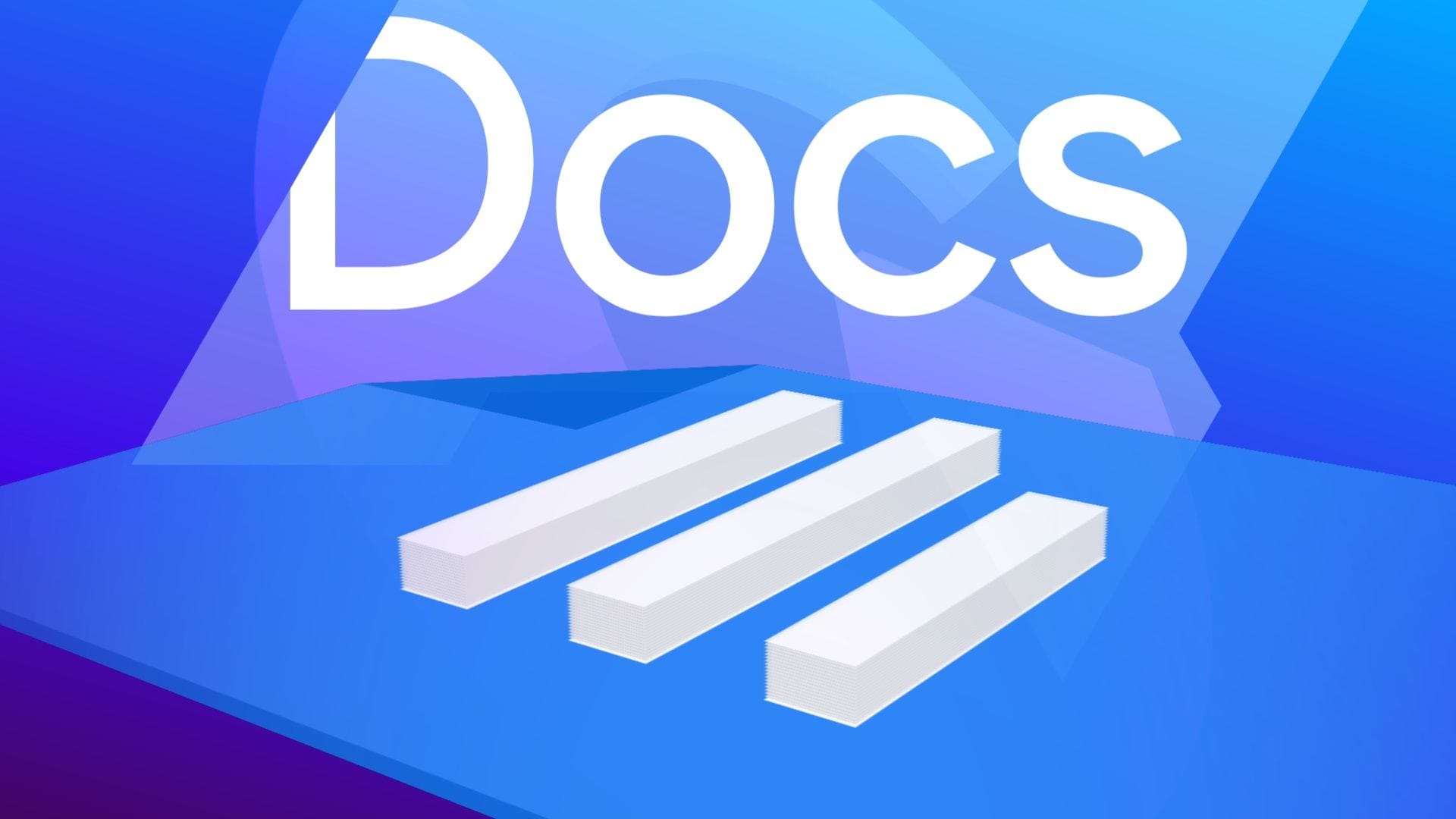
google escapes a forced chrome sell-off or — In a significant ruling, U.S.
In a significant ruling, U.S. District Judge Amit Mehta has determined that Google maintains an illegal monopoly in the realms of general search and text advertising, but has opted against imposing severe penalties that some had anticipated.
google escapes a forced chrome sell-off or
Background of the Case
google escapes a forced chrome sell-off or: key context and updates inside.
The case, formally titled United States of America v. Google, was initiated in 2020 by the U.S. Department of Justice (DOJ) alongside several states. The lawsuit accused Google of leveraging its dominant position in the online search market to stifle competition and maintain its monopoly. This case is part of a broader scrutiny of Big Tech companies, which have faced increasing pressure from regulators and lawmakers over concerns related to market dominance, data privacy, and anti-competitive practices.
Google’s search engine commands a staggering share of the market, estimated to be around 90%. This dominance has raised alarms about the potential for anti-competitive behavior, particularly in how Google manages its search results and advertising services. The DOJ’s lawsuit sought to challenge these practices, arguing that they not only harm competitors but also disadvantage consumers by limiting choices and innovation.
The Ruling: Key Findings
Judge Mehta’s ruling, delivered on Tuesday, confirmed that Google does indeed hold an illegal monopoly in the general search and text advertising markets. However, the decision did not include the harsh penalties that some antitrust advocates had hoped for. The ruling can be broken down into several key components:
- Monopoly Confirmation: The court acknowledged Google’s monopoly status, which is a critical finding in antitrust cases. This confirmation could pave the way for future regulatory actions or lawsuits against the company.
- No Forced Divestiture: One of the most anticipated outcomes was a potential forced sell-off of Google’s Chrome browser. However, Judge Mehta ruled against this, allowing Google to retain its assets.
- Default Search Deals: The ruling did not impose a ban on Google’s lucrative default search agreements with major device manufacturers and web browsers, which have been a focal point of criticism.
- No Sanctions for Evidence Destruction: The court also declined to impose sanctions related to allegations that Google had destroyed evidence pertinent to the case.
Implications of the Ruling
The implications of Judge Mehta’s ruling are multifaceted, affecting not only Google but also the broader landscape of digital advertising and online search. While the confirmation of Google’s monopoly status is significant, the lack of stringent penalties raises questions about the effectiveness of current antitrust laws and the willingness of the judiciary to impose meaningful consequences on dominant tech firms.
Impact on Competition
By not enforcing severe penalties, the ruling may inadvertently allow Google to continue its current practices, which some argue stifle competition. Smaller search engines and advertising platforms may find it increasingly challenging to compete against a company with such vast resources and market control. This could lead to a stagnation of innovation in the search and advertising sectors, as new entrants struggle to gain traction.
Regulatory Landscape
The ruling may also influence the regulatory landscape surrounding Big Tech. While the DOJ’s case against Google was a significant step in addressing monopolistic practices, the outcome suggests that more aggressive regulatory measures may be necessary to curb the power of dominant tech firms. Lawmakers and regulators may need to consider new legislation or amendments to existing antitrust laws to create a more level playing field.
Reactions from Stakeholders
The reactions to the ruling have been varied, reflecting the complex nature of antitrust issues in the tech industry. Here are some key perspectives:
Government Officials
Officials from the DOJ expressed disappointment over the ruling, emphasizing the need for stronger measures to address monopolistic behavior. They argued that without significant penalties, companies like Google may not feel compelled to change their practices. The DOJ’s stance underscores the ongoing tension between regulatory bodies and large tech firms.
Google’s Response
In response to the ruling, Google issued a statement asserting that the decision validated its business practices. The company emphasized its commitment to providing users with high-quality search results and maintaining a competitive marketplace. Google’s leadership likely views the ruling as a victory, as it allows them to continue operating without the threat of immediate, drastic changes.
Consumer Advocacy Groups
Consumer advocacy groups have voiced concerns about the ruling, arguing that it fails to protect consumers from the potential harms of monopolistic practices. They contend that without meaningful penalties, Google may not prioritize consumer interests, leading to a lack of innovation and reduced choices in the marketplace. These groups are likely to continue pushing for more stringent regulations to ensure fair competition.
Future Outlook
Looking ahead, the ruling in United States of America v. Google may set the stage for future legal battles and regulatory actions. While the current decision may not impose immediate consequences on Google, it does lay the groundwork for ongoing scrutiny of the company’s practices.
Potential for Appeal
There is also the possibility that the DOJ may choose to appeal the ruling, particularly if they believe that the lack of penalties undermines their efforts to address monopolistic behavior. An appeal could lead to further legal proceedings that may ultimately reshape the regulatory landscape for Big Tech.
Legislative Action
In addition to potential legal actions, lawmakers may seek to introduce new legislation aimed at curbing the power of dominant tech firms. This could include measures to enhance competition in the digital marketplace or to impose stricter regulations on data privacy and consumer protection. The outcome of this ruling may serve as a catalyst for renewed discussions about the role of Big Tech in society and the need for regulatory reform.
Conclusion
Judge Amit Mehta’s ruling in the antitrust case against Google represents a pivotal moment in the ongoing debate over the power of Big Tech. While the confirmation of Google’s monopoly status is a significant finding, the absence of severe penalties raises questions about the effectiveness of current antitrust laws. As stakeholders react to the ruling, the implications for competition, regulatory practices, and consumer protection will continue to unfold in the coming months and years.
Source: Original report
Related: More technology coverage
Further reading: related insights.
Further reading: related insights.
Further reading: related insights.
Was this helpful?
Last Modified: September 8, 2025 at 6:38 pm
6 views















